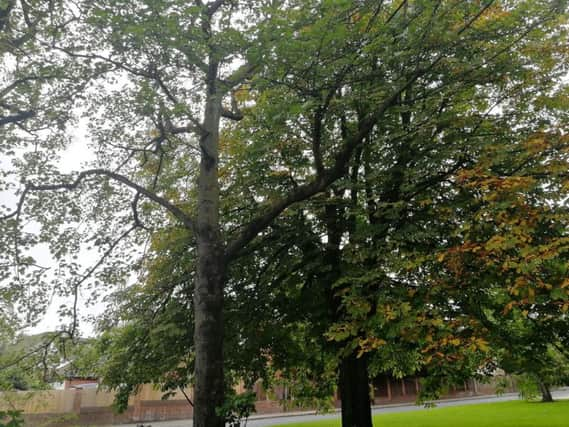Chorley's problem trees will not be routinely chopped


As part of an overhaul of its tree management policy, Chorley Council is also to stop responding to complaints about leaves and sap falling onto private land and trees which are interfering with television reception.
A meeting of the council’s cabinet heard that workers have historically carried out “severe pruning” in response to tree-related complaints from the public - but this was not deemed “best practice”.
Advertisement
Hide AdAdvertisement
Hide AdCabinet member for streetscene, Adrian Lowe, said the effect of the changes would be to “prioritise” work which needed to be done, while being “responsive to the budget position”.
The council has pledged to respond to urgent problems within 48 hours and will maintain a round-the-clock phone line for reporting concerns.
Papers presented to the meeting reveal that the number of concerns raised about trees in the borough leapt by almost a hundred to more than 750 during 2017/18.
The budget for the tree maintenance service stands at £80,000 - and has been underspent by around £10,000 in each of the last three years. However, members were told that Chorley’s tree stock is “maturing” and so likely to lead more issues being identified in the future.
Advertisement
Hide AdAdvertisement
Hide AdA new inspection regime will also be introduced which will see all trees investigated for defects. Currently, only those whose location puts them at a high risk of causing injury are routinely inspected.
Under the new policy, trees close to buildings, well-used roads and footpaths, car parks, railway lines and recreational areas will all be inspected by specialist staff every 15 months. Those overhanging quieter areas will be visited between every three and five years, although other council staff working the vicinity of them will carry out informal inspections on a more regular basis and report any concerns.
